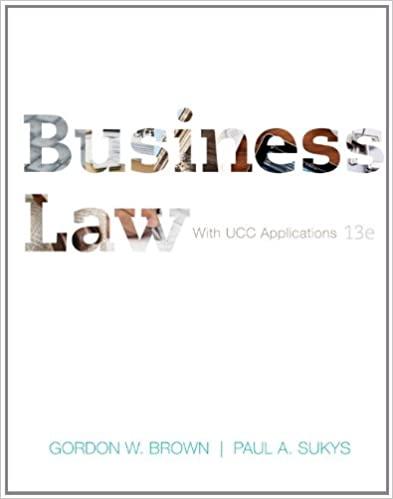In a review of the Earth II Summit by Derek Osborn of the United Nations Environment and
Question:
In a review of the Earth II Summit by Derek Osborn of the United Nations Environment and Development UK Committee (UNED-UK) and Tom Bigg also of the UNED-UK, several prominent global figures comment on the environmental/energy crisis facing the planet. As might be expected, the views on the crisis and the summit vary tremendously. Two dramatically different views are offered by Wangari Maathai of the Women’s Environmental and Developmental Organization and Bill Jordan, General Secretary of the International Confederation of Free Trade Unions, both of whom addressed the General Assembly Plenary Session.
It is possible for poor countries to demand that international companies and governments refrain from testing nuclear technology, dumping toxic materials in other people’s neighborhoods, that they do not exploit human and material resources, that they practice fair and just trade, respect the culture and values of host communities and they compensate those they aggrieve. It is possible and re a sonable for such companies and governments to reinvest some of the profits in communities where they operate and therefore co n tribute to sustainable development instead of contributing to poverty and dehumanization of marginalized groups. A massive education drive must explain to people why consumption pa t terns have to change drastically, in domestic life and in the workplace, and how it can be done. The Workplace Eco-Audit, which we have been promoting since 1993, is getting the me s sage through bringing the workers and employers together to tackle a host of production problems, including the reduction of CO2 emissions. It also provides a mechanism for monitoring and evaluating progress and feeding into the national reporting pro c ess called for by the CSD. Clearly Maathai and Jordan do not see eye to eye. They both perceive the problem accurately. Yet they each offer different, even conflicting causes, and pr o pose different solutions. Much of this difference has to do with the speaker’s view on the cause of the problem. Examine each quote again and then answer the following questions.
Question
1. What position is held by Maathi ? How accurate is her take on the crisis? Explain. What position is held by Jordan? How accurate is his take on the crisis? Explain.
2. What organization does each speaker represent? Explain how the speaker’s affiliation matches his or her opinion.
3. Which view seems to be have been adopted by the international community and by most Nongovernmental International Organizations like the UN? Explain.
4. Which view seems to be supported by most Americans? Explain. Which view seems to be in line with American energy and environmental policies in the twenty-first century? Explain.
5. Which view is morally correct? Explain.
Step by Step Answer:

Business Law With UCC Applications
ISBN: 9780073524955
13th Edition
Authors: Gordon Brown, Paul Sukys





